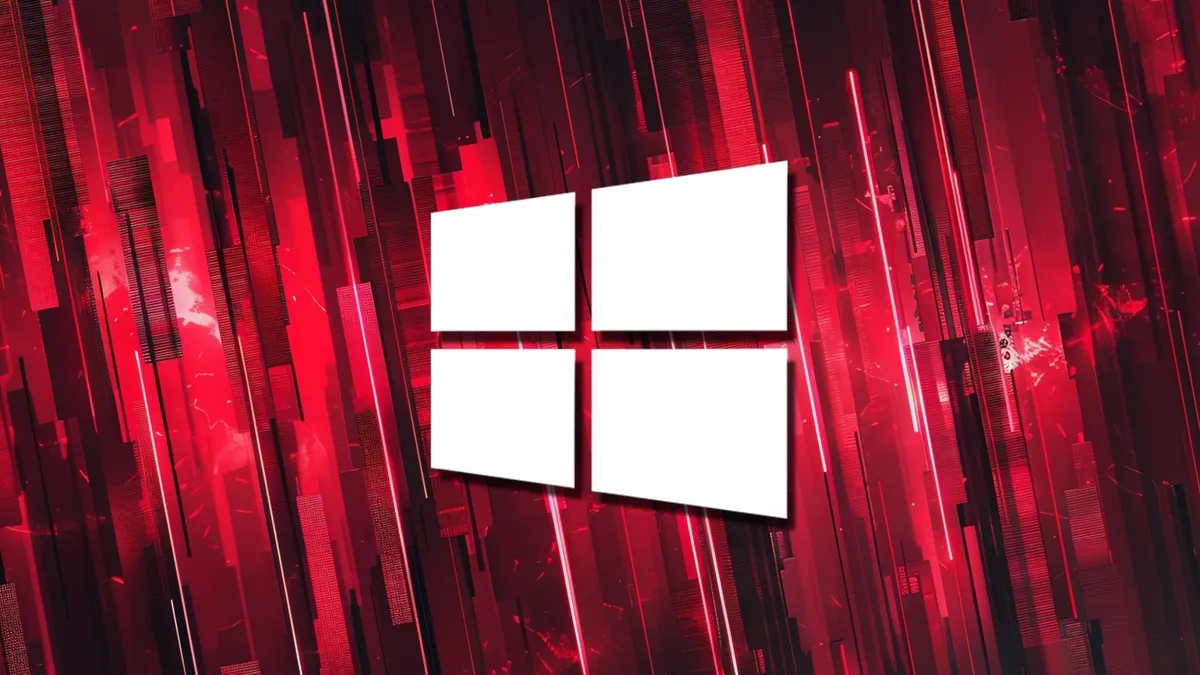
Recent reports indicate that the Windows 11 24H2 updates are leading to significant data corruption and drive failure issues for various SSD and HDD models on updated systems. This alarming situation first came to light when a Japanese PC building enthusiast shared their experience of drives equipped with Phison NAND controllers disappearing from the operating system during intensive write operations, such as transferring large files or multiple files simultaneously. This issue emerged after the installation of the KB5063878 security update and the KB5062660 preview update.
While some users reported that their affected drives were restored after a system reboot, others found their drives remained inaccessible, even after restarting the device. The initial reporter of this bug speculated that the problems might stem from a drive cache issue linked to a memory leak within the OS-buffered region. Our investigations reveal that symptoms tend to manifest on SSDs when storage usage exceeds 60%, particularly after around 50GB of continuous writing. Interestingly, similar issues have also been reported for HDDs.
Our tests indicate that SSDs utilizing Phison NAND controllers, especially DRAM-less models, are particularly susceptible to these issues, often failing at lower write volumes. Other users experiencing similar challenges have reported problems with a variety of drive models, including the SanDisk Extreme Pro, Corsair Force MP600, Maxio SSD, KIOXIA EXCERIA PLUS G4, and KIOXIA M.2 SSD, as well as drives equipped with Phison PS5012-E12 and InnoGrit controllers.
Although Microsoft has not yet officially acknowledged the complications associated with the KB5063878 and KB5062660 updates, Phison has confirmed their awareness of the situation. In a statement provided to BleepingComputer, a Phison spokesperson noted that the company is collaborating with Microsoft to address the widespread impact of these updates on various storage devices, including those supported by Phison. The spokesperson mentioned, "We understand the disruption this may have caused and have promptly engaged with industry stakeholders." They also indicated that affected controllers are currently under review.
BleepingComputer reached out to Microsoft for additional insights regarding this issue, but a response was not immediately forthcoming. In the interim, Windows users are advised to exercise caution by avoiding the writing of large files—particularly those exceeding tens of gigabytes—or the rapid transfer of multiple large files. Instead, it is recommended to write these files in smaller batches over time. Additionally, when extracting large compressed files containing numerous items (for instance, 200 files of 200 MB each), users should perform the extraction in several steps rather than attempting to do so all at once.
As the situation develops, it is crucial for Windows 11 users to stay informed about potential risks associated with the latest updates. Monitoring updates from Microsoft and following best practices for file management can help mitigate the impact of these ongoing issues. Users are encouraged to remain vigilant and take necessary precautions to protect their data until an official fix is released.